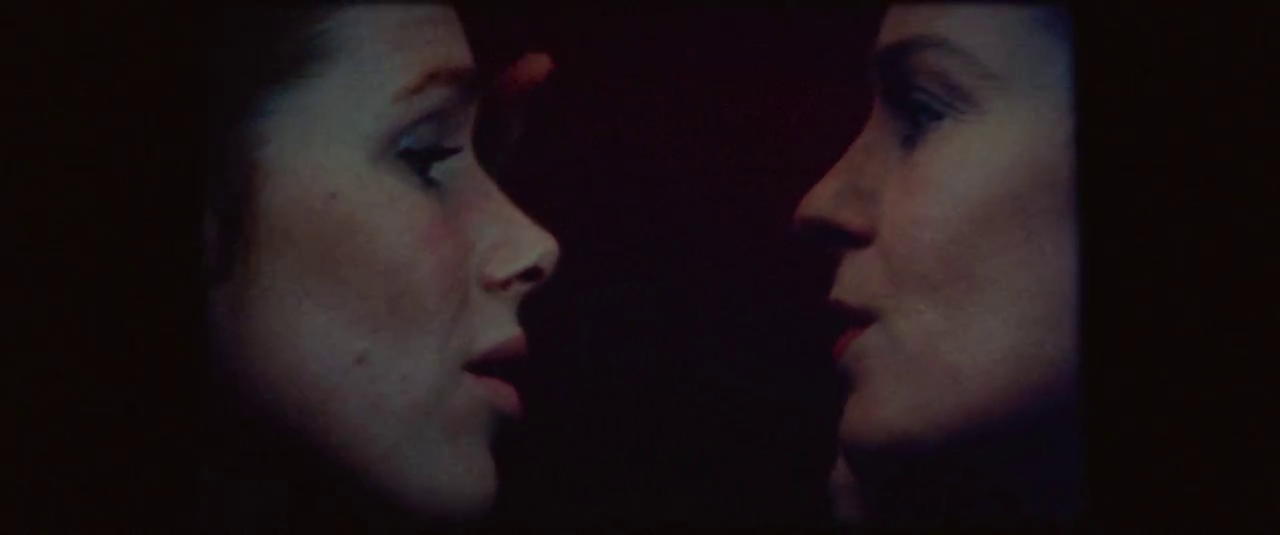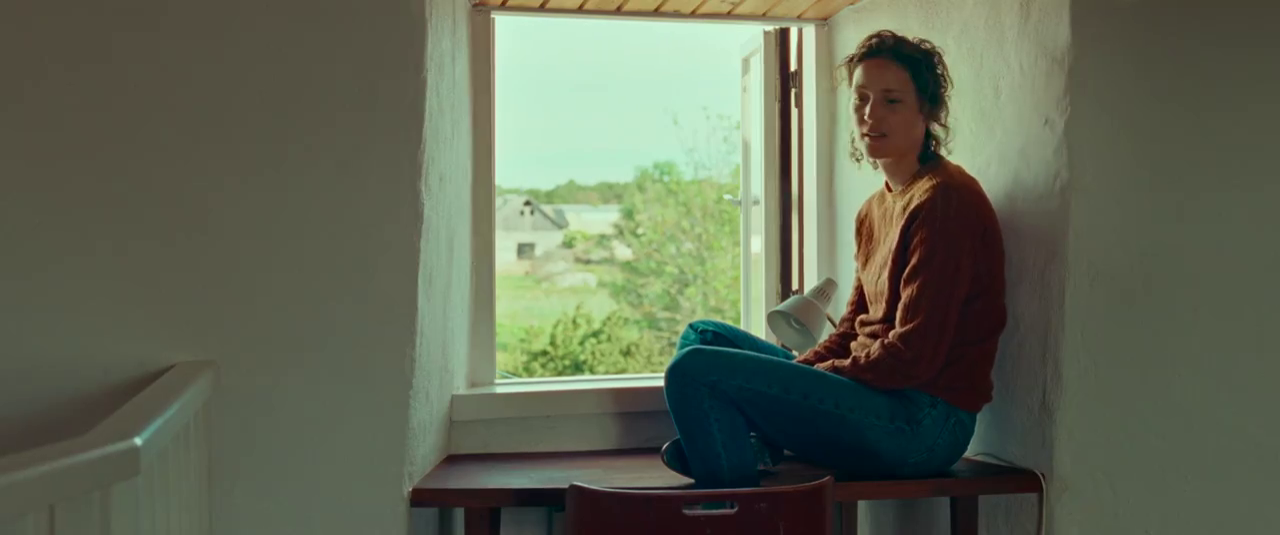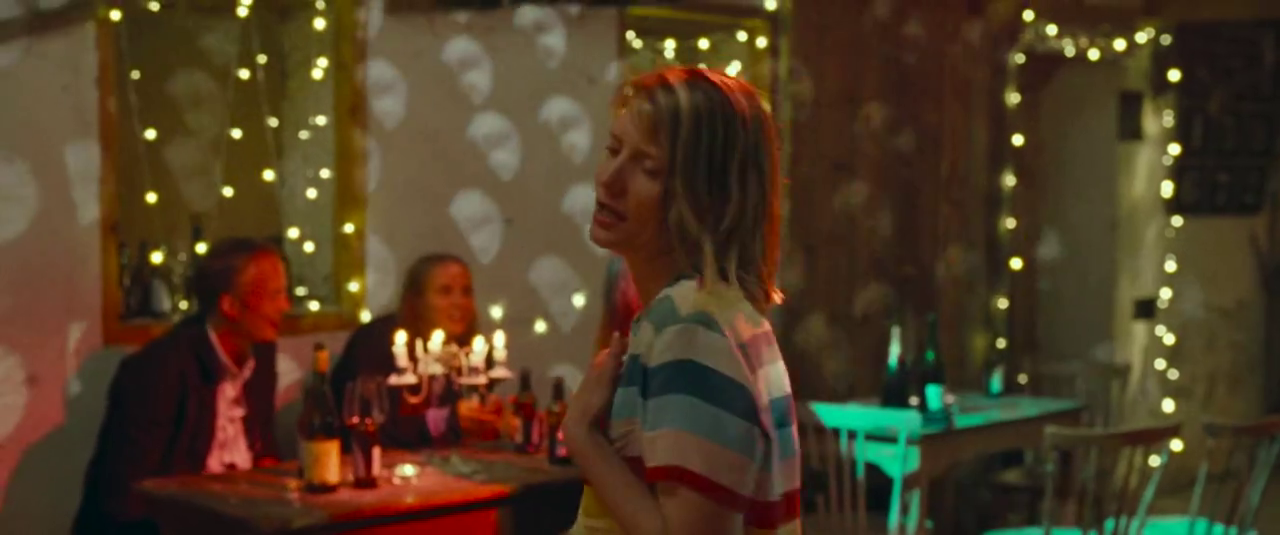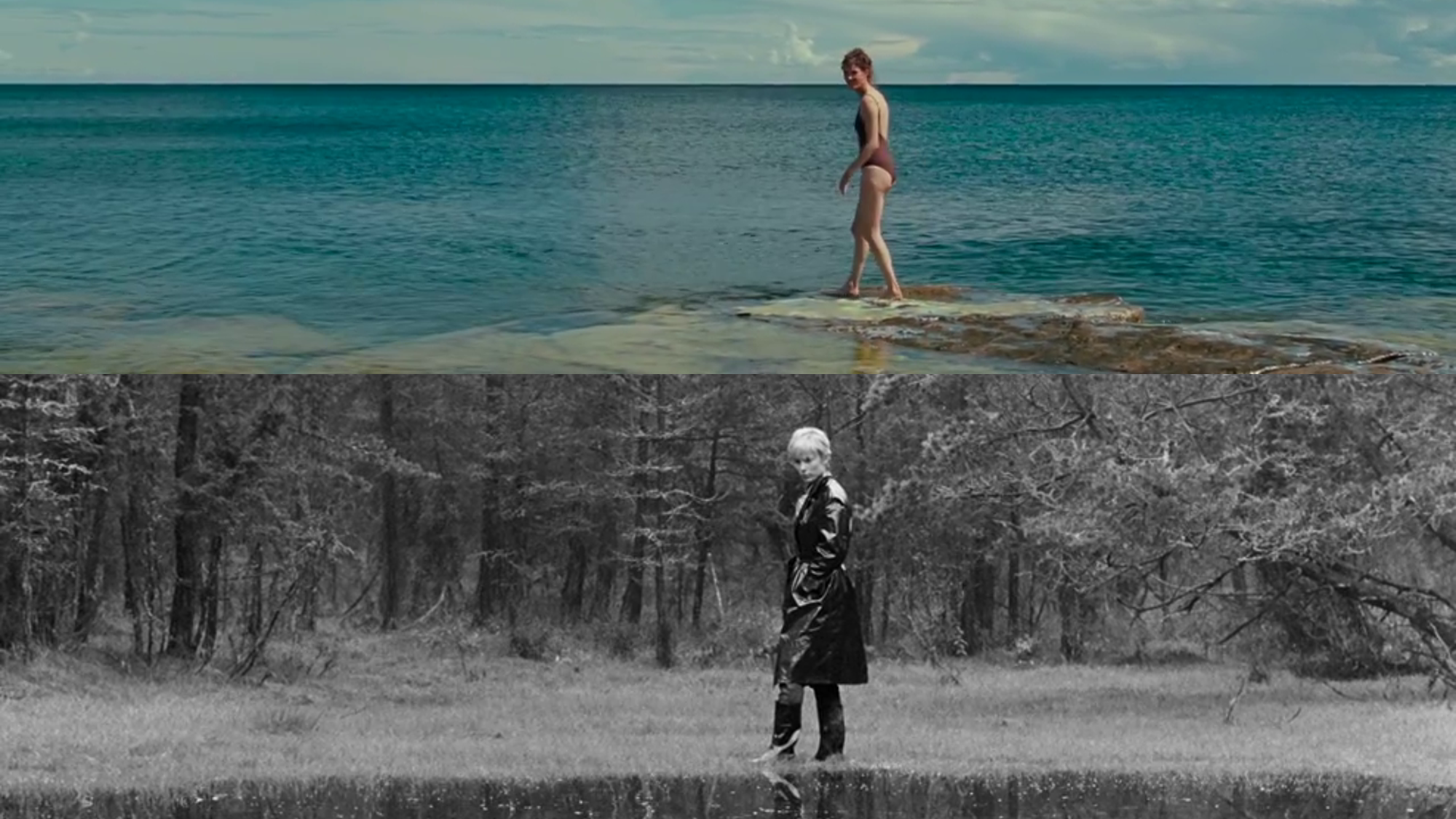Trans Allegories in Film: 'Robots' (2005)
Animation as a medium of storytelling can be thought to be open to all ages and as I hope my readings will reveal, they could be interpreted as transgender stories.


Mia Hansen-Løve’s tribute to Ingmar Bergman is one of undying fondness. In her film Bergman Island, she has channeled her love for the director into every aspect of the direction. Apart from being a sort of tour through key dates, and a look into the man’s personality, the movie’s designed like one of his. The story is meandering and observational, not really culminating in a conclusion. The cinematography is reminiscent of Sven Nykvist’s, with the trademark minimalism. The dialogue is freely flowing and engaging. Most importantly, the moral conundrum presented isn’t concretely defined and the film is more meant to be experienced than understood.

Ingmar Bergman is possibly the most unfortunate of filmmakers in the sense that his works, owing to their brilliance, are subject to much more critical analysis than others, and in my opinion, than any works of art deserve. On the quest to understand how much of a genius he truly was, his works have been broken down frame by frame to further enhance our appreciation. The mysticism that defines Bergman’s rugged presentation of ruthless realities, is better understood because of years of clinical study, but the romanticism in his portrayal of the mundane is lost because of the clear definition established for his style. Film is magic in one of its purest forms, but with the vulnerability of having all its tricks out in the open for anyone to pick and deconstruct. However, too much scrutiny could ruin the fluidity by setting in concrete what’s really meant to be read between the lines and kept to oneself. It’s precisely the lack of such extensive scrutiny which makes Bergman Island so naturally loveable. The cinematic and thematic parallels, and innumerable allusions to the man’s personal life and work, are testimony to the amount of hard work done, but the filmmaking itself, isn’t desperate in its attempt to recreate the magic of which it is born.

Bergman’s Island is shown like in a tourism video, with fascinating anecdotes, like the fact that Through a Glass Darkly was in fact shot in studio, with only the façade of the house being constructed. There’s also minimal insight into the man, like the story of his children and his wives. It feels like a documentary in these moments but is like a treasure hunt for any fan of the man. Of course the trivia can be found on the Internet, but the reminder that this location was personally meaningful to Bergman makes it even more suitable for the place where the Bergman-like story unfolds. One trademark element of Ingmar Bergman’s narratives is a story set inside a story. In almost all of his most celebrated works, one or more characters recount anecdotes. It’s not necessary that the anecdotes will reflect on the main narrative, or even be consequential in the context, but they almost always provide insight into the character and are all without fail, engaging. You’ll not mind diverting from the story, because that story’s equally compelling in its own way. And Bergman Island has almost half of the film unfold like that. The lines get blurred between fiction and reality as the woman who is describing the story of the film seems to essentially be the protagonist of the film, and you can no longer understand if this is purely fantastic, or an event she is fictionalizing, or a hidden desire of hers.

Eventually, the gap between protagonist and storyteller is left unclarified as the delectable ambiguous ending only leaves you with wonder. It’s not agonizing, the lack of clarity, but is reminiscent of the extensive use of symbolism in Ingmar Bergman’s own films. You can spend hours theorizing about the inset story, debating about which of the two narratives is more essential. Alternatively, you can live in the moment and experience the characters’ dilemmas. The morality of the story aside, it’s a beautiful look into how unspoken desires reside in the weary corners of our hearts, and how heartbreak accumulates. The marriage of the central couple is in the grey area that’s very trademark of Ingmar Bergman. However, the deconstruction of romantic dynamics isn’t carried to climax. Scenes from a Marriage is his most famous work on this, but be it Wild Strawberries or Winter Light or even Summer with Monika, Bergman’s always questioned faith and hence the solidity of even the wedding vows. Love is cathartic in his works, but the consequences often aren’t. However, that’s not entirely true as Shame, among others, depicts how a strong loving bond can survive even the worst circumstances. Bergman Island, never really opens the rift, but hints at it, through the introduction of a third man in the reality and of the confusing inset story which possibly reflects the woman’s inhibitions.

The female characters are portrayed with an honesty that’s liberating. They’re not damsels in distress or victims of circumstance. Yes, the circumstances of the girl in the inset story aren’t close to ideal, and it’s a heartbreaking situation, but that’s handled without undue dramatization. Ingmar Bergman’s films had this minimalism when portraying women. They were neither pawns for feminist propaganda nor eye candy or present to fulfill men’s fantasies. Here the girl pours her heart out, but that doesn’t make her a plot device for her to be rescued by a man. Her feelings are addressed sincerely, and the best part is how her breakdown is left unresolved, just like it often is in reality. Plus, like with most films made by women directors, there’s no male gaze. For example, the dance scene is presented without any undue sexualization and is just a free-flowing sequence of movements for expression. In fact, dance was an essential element of Bergman’s Through a Glass Darkly which has been alluded to, in this film, and that sequence was decidedly more interpretive, but the liberty of expression there, is reflected in this one too. The sex scenes are shot tastefully, with an emotional layer in the depiction, expressing the vulnerability she’s feeling. The screenwriter character is also unapologetically herself, wandering around as she tries to make sense of her story. In her marriage, she has an equal footing. The power dynamics aren’t missing, but she as a character is treated as an equal, as in the narrative itself doesn’t participate in any kind of discrimination.

Cinematography is of course essential to such an atmospheric project. Firstly, the colour scheme is rich but light. There’s a certain distance from the blinding lushness which is the primary element in the story’s appearance as a daydream. The nighttime skinny dipping scene has a blueness in all frames, but it’s comfortingly dull. The tracking shots of the house, where the woman moves from room to room, while the camera follows her from outside is engrossing but not compulsively as your eyes can take in the setting and the décor along with the characters’ movements. However, there seemed to be a major missed opportunity in the shot of the central couple talking at night. Their facial profiles are perpendicular, but the angle isn’t chosen to mimic the now-iconic shot from Persona where Bibi Andersson and Liv Ullmann are lying down with their faces perpendicular, presented from beside Bibi’s face. Or maybe it’s this pleasant lack of desperation to become a Bergman film, that makes the film fresh. Dialogue is written with no constraints. The conversations go where they need and the lack of a necessity to forward the plot through them or to take them in specific directions make them rather authentic. The summer holiday vibe is actually best expressed through the meandering form of dialogue writing. You’re roaming a new world that’s fascinating you, and the words in the lines are also taking you through new thoughts and realizations, allowing you to roam through the different roads in the world of your philosophical thoughts.

Overall, the story lacks structure, and is just an immersive walk through a few anecdotes, a few harsh truths, a lot of pensive conversation, and two hours of observations about what it means to be human. Along with that, it’s a slow vacation in a dreamy land where the lines between reality and fiction are blurred, with a tour guide who has an unending collection of intriguing trivia about arguably the world’s greatest filmmaker ever. It’s the most loving tribute to cinema and to Ingmar Bergman, a must-watch for all the fans. Most importantly, the world is depicted extensively and feels very habitable, so much so that I felt like only re-watching this for eternity, because of how inviting it looks and feels.

Related lists created by the same author
Animation as a medium of storytelling can be thought to be open to all ages and as I hope my readings will reveal, they could be interpreted as transgender stories.